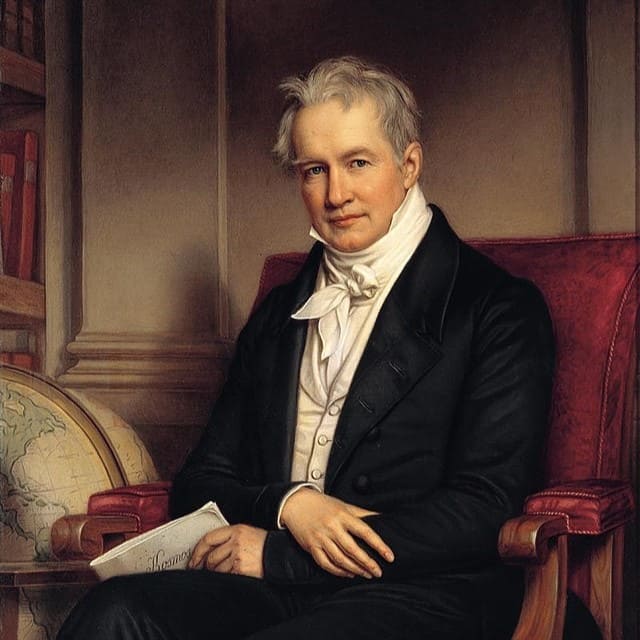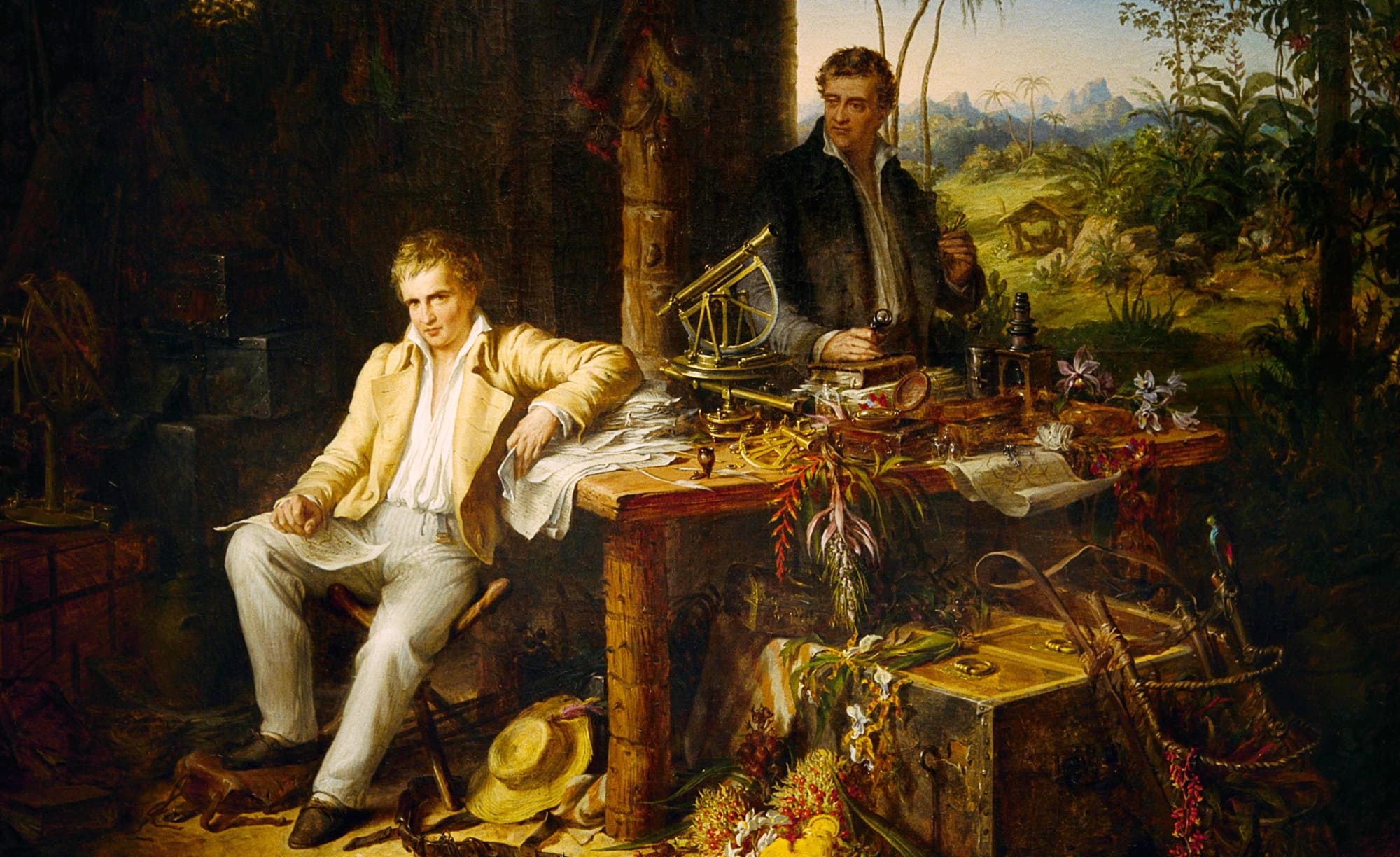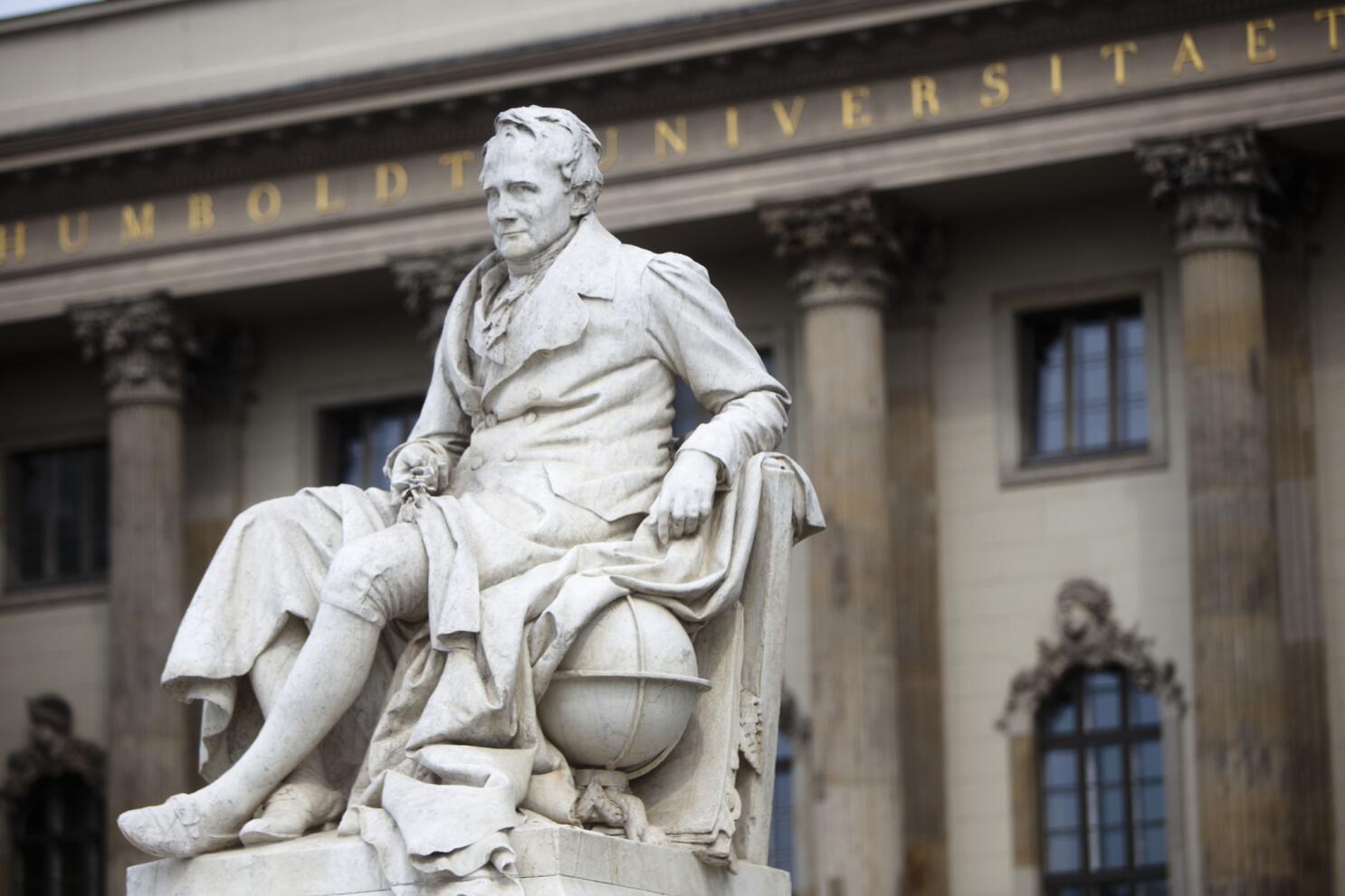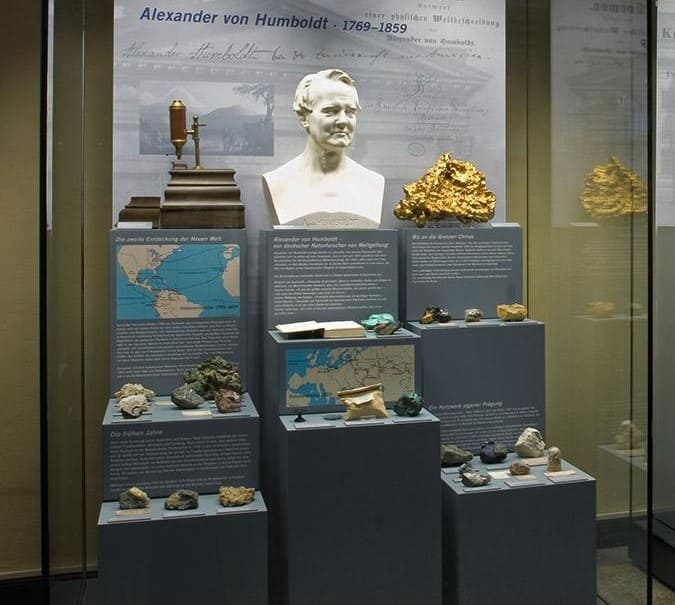
Alexander von Humboldt
Alexander von Humboldt was a famous German born on September 14, 1769 in Berlin who belonged to a noble family and received a rather elaborate education at Göttingen University. These education laid the foundation of his immense curiosity about world around him especially the natural one.

Subsequently, from 1799 through 1804, Humboldt under took a very important expedition to Latin America along with a botanist named Aimé Bonpland. This led to the works of “Voyage aux régions équinoxiales,” which features Humboldt’s interdisciplinary manner of approaching science.

The flow of innovation and Humboldt’s major idea of the “cosmos” was to link the understanding of the universe and the coordination between the celestial sphere and the terrestrial globe. This vision was enough to make him well known and highly regarded among scientists of the world and establish important types of scholarly relationship, notably with his brother, Wilhelm.

Thus, Humboldt’s impact continues to be deeply felt within the realm of scientific endeavour. His approach of viewing the universe as an interconnected cosmic whole, requires scientists to look at earth and the universe as a whole. His work still holds guidance of how important holistic approach is to scientific investigations even to this day.